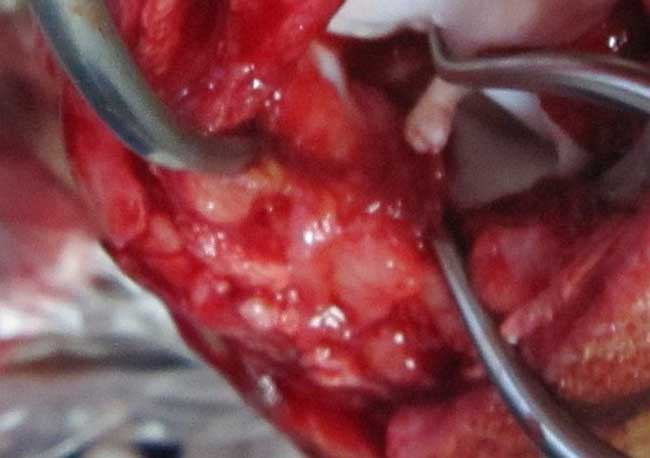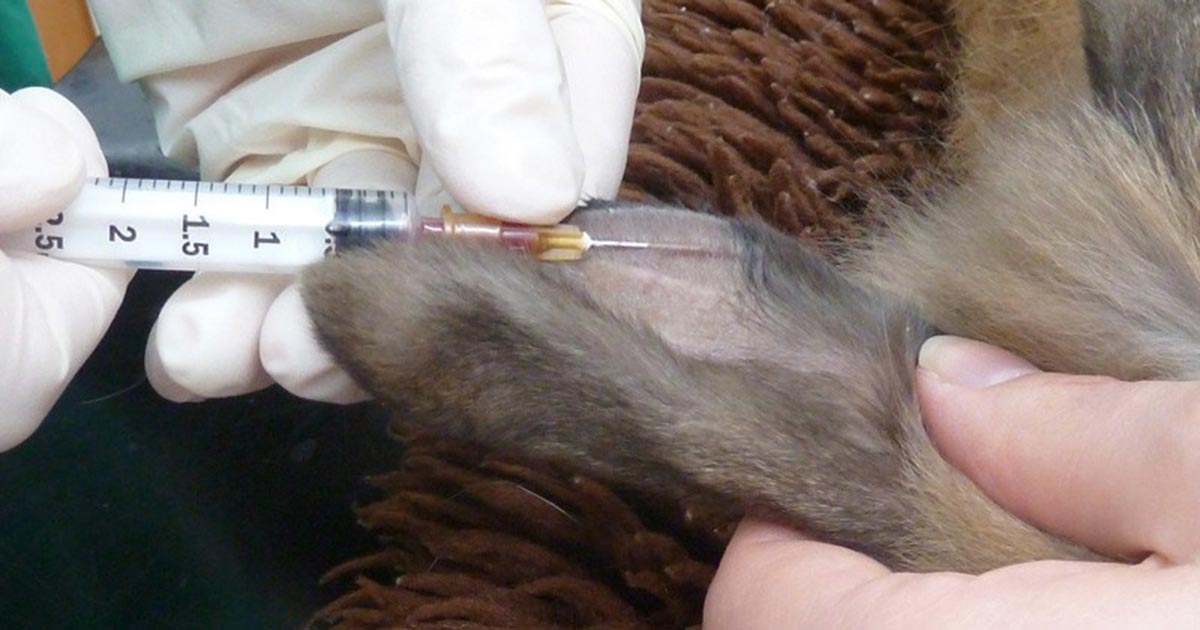Tag: surgical
-

Is cranial cruciate ligament surgery always necessary?
—
by
For dogs weighing less than 15kg, cranial cruciate disease can be managed conservatively – weight loss until an appropriate Body Condition Score (BCS) is achieved, exercise restriction for 3 to 6 weeks, and possibly physical therapy and pain medication – allowing acceptable comfort and function. In dogs weighing more than 15kg, cruciate disease will eventually cause significant arthritis,…
-
Flank approach to the bitch spay
—
by
Having finally settled in one place in Jaipur, India, my friend and I were able to relax a little, safe in the knowledge we had two weeks of neutering for population control ahead of us. Being in an unfamiliar environment, and with our patients mainly being strays, we were prepared for very different methods of…
-
Drugs of the devil
—
by
I’m not going to tell you how long ago I was at university, but I will say it was in a different millennium. It doesn’t feel very long ago to me, but then I still think of The X-Files as a new show. Let’s just say I can remember when we used to have pagers when…
-

How to effectively blood sample bunnies
—
by
A venipuncture site should be chosen where the skin is clean and has no obvious inflammation or infection. The marginal ear vein or the lateral saphenous vein are usually good choices. The fur should be clipped and the skin cleaned. EMLA cream can be applied over the site 45-60 minutes prior to venipuncture and covered…
-
Take note of high Hgb and Hct levels on pre-anaesthetic bloods
—
by
Have you ever noticed that, sometimes after starving, the haematocrit (Hct) and haemoglobin (Hgb) levels appear a little high on pre-anaesthetic bloods prior to a surgical procedure that morning? If so, make sure you look at the figures. If, like us, your laboratory machine produces a band with a red marker in the middle indicating some…
-
Doctor, doctor
—
by
I’ve had to face a difficult decision in the last few months. You see, it’s always been a disappointment to me that, unlike many of our overseas colleagues, UK veterinary surgeons have long languished under the tedious titles of Mrs, Miss or Mr. Not only do these old-fashioned prefixes call upon our clients to make…
-
Fortnight of firsts at practice placement
—
by
I spent a couple of weeks at a mixed practice on extramural studies. It was a placement of firsts – first experience at a very “young” practice (lots of newish graduates), first clinical farm experience and first surgery experience. It gave me an insight into the difference between older, more experienced vets and new grads – from the…
-
Don’t remove a mass without knowing what it is
—
by
I came across a paper that advised we should know exactly what a mass is before surgery. The rationale being as follows (Ettinger, 2015): “Do something: aspirate or biopsy, and treat appropriately. “Why diagnose early? Obtaining a definitive diagnosis with cytology or biopsy early and before excision will lead to improved patient outcomes for superficial…
-
What makes a good vet?
—
by
As a student on placement, I’m often in awe of the vets I’m working with. The ability to take a history, examine an animal, run through differentials and come up with a diagnosis or action plan within 10 minutes – all while listening to an owner commenting on the weather or traffic – seems superhuman.…
-
Dentistry: do you know all the options?
—
by
I have been teaching surgical nursing and during a recent oronasal session we covered dentistry. The class is varied, but most of the students have at least two years in practice at a variety of first opinion and referral practices – yet many were still surprised at the options clients and pets have for dental treatment. There was particular surprise that…